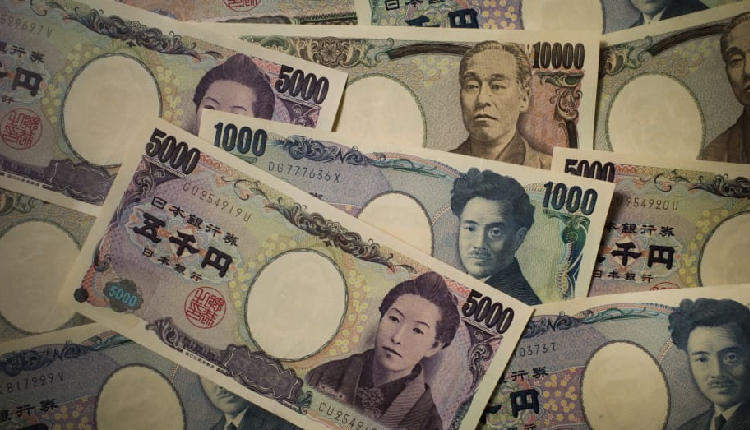The Japanese yen surged to a six-week high on Thursday, fuelled by speculation of intervention by Japanese authorities. The move comes as traders await the meeting of the European Central Bank (ECB) that could determine the euro’s next direction.
The euro was trading at $1.0929, close to a four-month high. The upcoming meeting is expected to keep rates unchanged, with attention on potential support for a rate cut in September.
“We expect the ECB to emphasise that future interest rate cuts will be dependent on further declines in inflation and wages growth,” said Commonwealth Bank of Australia’s Joe Capurso. “There’s a risk that pricing for the September cut could be reduced.”
Meanwhile, the Australian dollar rose slightly to $0.6738 on mixed jobs data, while the pound sterling fell below $1.30 due to steady unemployment and slower wage growth in the UK.
The yen surged to 155.37 per dollar before stabilising around 156.35, down five yen from a week ago.
Bank of Japan (BOJ) money market data indicated that authorities may have purchased nearly six trillion yen ($38.37 billion) last week.
Traders noted that this week’s market activity showed signs of potential intervention, causing some investors to be cautious.
Following the intervention, many traders and Japanese investors were considering re-entering the market, said Rodrigo Catril, a strategist at National Australia Bank in Sydney.
The significant move on Wednesday likely surprised the investors and may have prompted a re-evaluation or even a reduction of those positions.
Net yen shorts were close to a 17-year high last week. Interest rate markets are currently pricing in over 60 basis points of US interest rate cuts this year and around 20 basis points of hikes in Japan.
This has led to a narrowing of the rates gap that previously incentivised investors to hold significant short positions in the yen.
Catril and other analysts highlighted comments from US presidential candidate Donald Trump, who expressed concerns about the strength of the dollar and the weakness of the yen and yuan in a Bloomberg Businessweek interview, causing market jitters.
The yen has been the weakest G10 currency against the dollar this year, dropping over nine per cent, while the yuan has declined by about 2.2 per cent.
The Chinese yuan strengthened slightly as traders anticipated updates from a significant leadership meeting in Beijing, set to conclude later today. The yuan was trading at 7.2576 per dollar.
The New Zealand dollar, on the other hand, jumped above its 200-day moving average on Wednesday and remained around $0.6071 due to concerns about domestic inflation, potentially delaying anticipated interest rate cuts.
Attribution: Reuters










